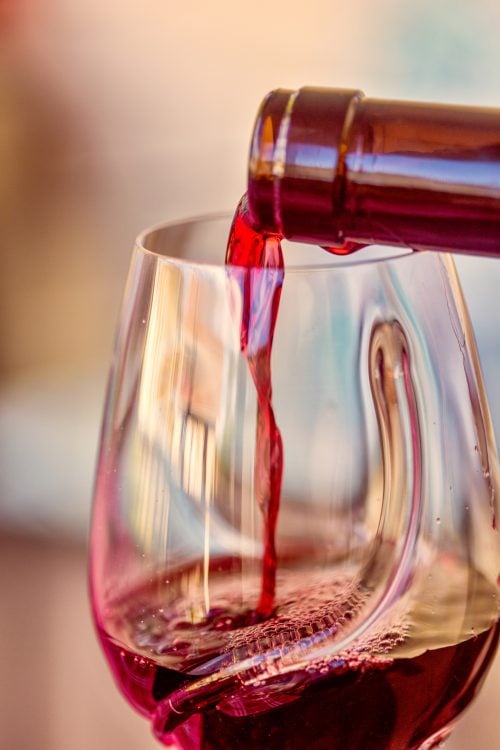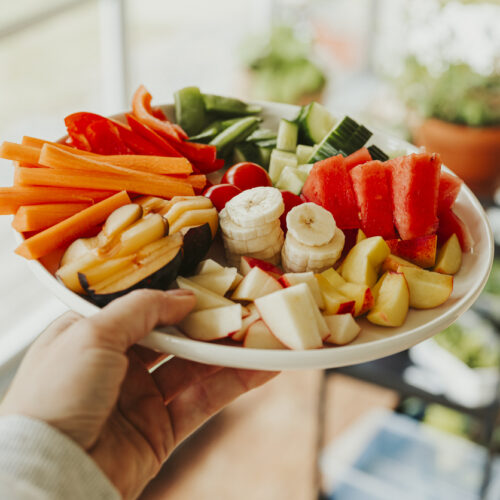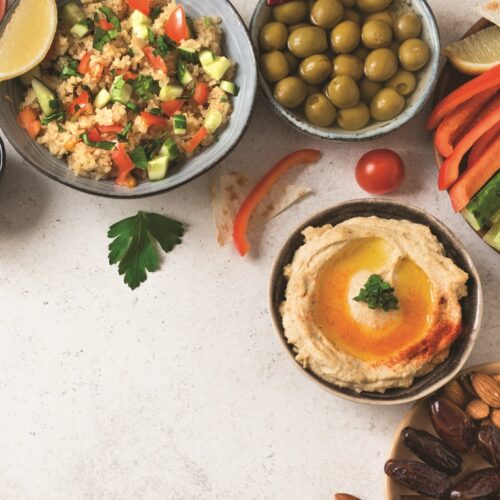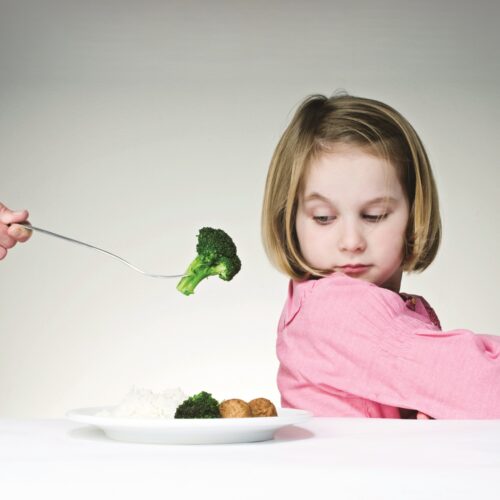
We all know alcohol has 'empty' kilojoules – energy with few nutrients – but that doesn't stop us liking it! How do we make the best choices?
Beer
If you're watching your weight, it's best to go for light beer over the low-carb option. Although low-carb beers have about the same amount of kilojoules as light beers, they also have the same alcohol content as regular beer, which means you're likely to eat more (see table below). Ales have a higher alcohol content and a more robust flavour than lagers.
Wine
When it comes to possible heart-health benefits, there's no clear evidence red wine is superior to white wine – or beer or spirits – according to the American Heart Association. Research shows red wine increases serotonin and histamine levels, which can trigger headaches in susceptible people, so for some, white wine is the better option.
Spirits
Evidence suggests white or clear spirits are less likely to give us a hangover than darker spirits – but the amount we consume will play a role in this equation! Brandy and whisky have more methanol and congeners (see table below) than gin and vodka. These add to hangover symptoms.
Liqueurs
Liqueurs are a particularly concentrated source of kilojoules and alcohol, and drinking them with milk or juice adds more kilojoules.
Allergen statements
Derivatives of egg, fish, milk and nuts may be used as finishing agents in wine production and despite being largely removed through filtration, minute residual amounts can be in the final product. It is now compulsory to list any recognised allergens on alcoholic- drink labels. But people with allergies should be aware wine bottled during or prior to 2002 won't have allergen warnings.
Energy drinks with alcohol
Studies suggest combining a highly caffeinated energy drink with alcohol increases the rate of alcohol-related injury. Several studies also suggest energy drinks may serve as a gateway to other forms of drug dependence. One US study showed that a combined intake of caffeine and alcohol reduced the participant's perception of alcohol intoxication. We don't recommend mixing alcohol with energy drinks.
The effects of alcohol
The more we drink, the more we eat – and usually it's salty, high-fat snacks we want. A UK study showed participants' daily energy intake increased by 30% when consuming alcohol. This increased food intake is believed to be caused by hormone regulation.
Sulphites in beer and wine help preserve the drinks' colour and flavour, and stop them oxidising, forming mould and spoiling. For people with asthma or chronic allergic conditions, sulphites may cause asthma-like symptoms. Cask wine has higher concentrations than bottled wine, and white wine has more sulphites than red wine. Any alcohol with 10mg or more of sulphites per 750ml must say so on the label. New Zealand wine labels must state 'contains preservative 220' or 'contains sulphites'. Even wine and beer with no added sulphites may have some in the final product.
Congeners are by-products in the production of spirits or wines, and are believed to contribute to their intoxicating effects – and any subsequent hangover. The clearer the drink, such as white wine, vodka and gin, the fewer congeners. The darker the drink, the higher the congeners – and the greater hangover potential.
www.healthyfood.com










